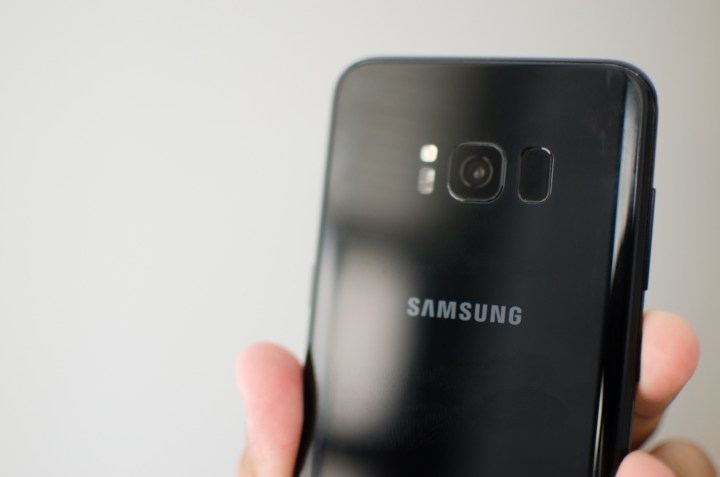
Its data suggests Intel will log $14.4 billion in semiconductor sales at the end of the second quarter this year, while Samsung will edge past it with $14.9 billion in sales. This would be up from the $13.5 billion Samsung made at the end of March, and a 4.1 percent increase over the same period last year. Intel was still ahead at the end of March, with $14.2 billion in sales.
Samsung has its memory chips to thank for its prosperity, and the considerable global interest in premium, high-performance smartphones, but particularly in China. Its chip manufacturing division is its highest earner, and the combination of demand and price increases in the memory market are likely to keep it that way.
At the beginning of 2017, data showed Intel had a 15.9 percent market share, with Samsung in second position with 11.8 percent, a place it has held for 15 years. Should the switch take place, it will see Samsung occupy two important positions in the industry, based on market share. Recent data from IDC shows it is still the top smartphone manufacturer, despite the Note 7’s recall last year, with an almost 23 percent share of the market.
The Korean electronics giant is investing in its semiconductor business to increase its chances of toppling Intel. Following on from a $1 billion pledge on a new chip production plant in Austin, Texas, IC Insights sees Samsung spending up to $12.5 billion on similar facilities around the world over the coming year. Intel has invested $7 billion in its own Arizona factory this year, while IC Insights sees a slightly lower total investment in the industry than Samsung, at $12 billion.
Editors' Recommendations
- Intel to unveil next big move in chip manufacturing today
- Samsung Galaxy Book leak reveals a wild 14-core Intel Alder Lake processor
- Galaxy Book Flex2: Samsung’s first 5G laptop has an 11th-gen Intel Processor
- Samsung’s Galaxy Book S will be powered by a hybrid Intel processor
- The Dell XPS 13 2-in-1 is now on sale, with the first Intel Ice Lake chip in tow




